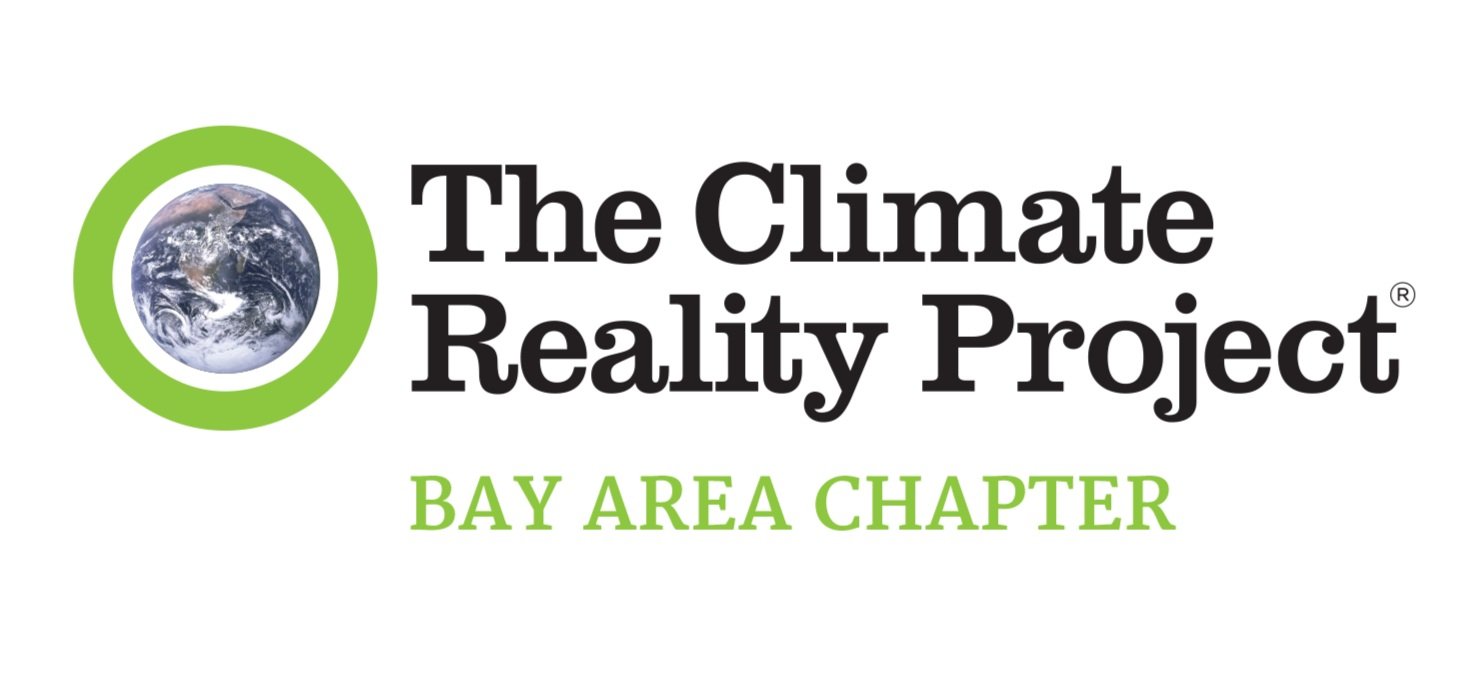ENCOURAGING CORPORATE SECTOR CHANGE: A SALON DISCUSSION
Inspiring Businesses to Accelerate Climate Action
By Deborah Knuckey
Chapter Co-Chair (LA, 2018)
Every chair, stool, beanbag, and yoga ball was occupied at the Bay Area Chapter’s February Climate Salon, and still a few were standing. The popular new salon format—a series of short talks followed by a discussion—drew members and others passionate about climate action, including some who were scheduled to attend the now postponed Las Vegas training.
The event, Inspiring Businesses to Accelerate Climate Action: Challenges, Victories, and Paths Forward, was organized by Andy McClure and Barry Giles and provoked a lively discussion.
Jeannie Linam, a sustainability expert for nine years at Genentech, opened the night sharing how the company is reducing its carbon footprint at its large South San Francisco campus. Along with new LEED-certified green buildings, the company has cut the energy use in existing buildings with energy efficiency measures focused on HVAC, usually the largest energy hog.
Sustainability extends, of course, well beyond electricity use, and the multi-pronged efforts address transportation by providing low emissions commuting options including a double-decker electric bus, a ferry, and financial incentives for those who walk or bike to work. Even the food they serve is under scrutiny, with more climate-friendly offerings and a food waste reduction program.
For corporations, the built environment is usually the main target, and Cole Roberts, an energy and sustainability expert at planning, architecture and engineering firm Arup, focused on how change happens. It all boils down to how people make choices. While around 10% of decisions are rational, 20% irrational, the most common decision is no decision at all. Stasis, though, won’t solve the climate change problem, so behavioral models are important, and he shared how BJ Fogg’s behavioral model looks at motivation, ability and prompts, or triggers, to change actions.
Next up, Roopak Kandasamy, talked about helping employees better use their influence and shared progress toward a detailed Corporate Citizen Climate Action Guide developed by a team in the Bay Area’s 350.org chapter. Roopak starts with a working theory: citizens are stepping up, as are some governments and non-profits, but most businesses are conspicuously absent in the climate change fight. To leverage employees to call to change from within, start with questions – ask what is my company doing? – and then create a network within the company of people already concerned, and help them towards taking actions and measuring the impact.
The last speaker before the discussion was Bill Weihl, whose freshly-launched ClimateVoice initiative is working to mobilize the voices of employees and students to encourage companies to go “all in” on climate. With his background leading sustainability efforts at Facebook and, before that, green energy at Google, Bill looked at how employees can advocate for public policy. The need for extremely rapid sustainable change needs to be underpinned and turbocharged. “Without public policy, we will get there, but it will be too slow. We need innovations, we need moonshots,” he said. It’s an unfair fight as organized, wealthy and powerful forces are resisting change, but by bringing a large number of voices together inside companies and schools, we can create change.
As emcee Barry Giles led a discussion drawing from the four perspectives presented, it was clear that inspiring the corporate sector may not be easy, but it is necessary.
